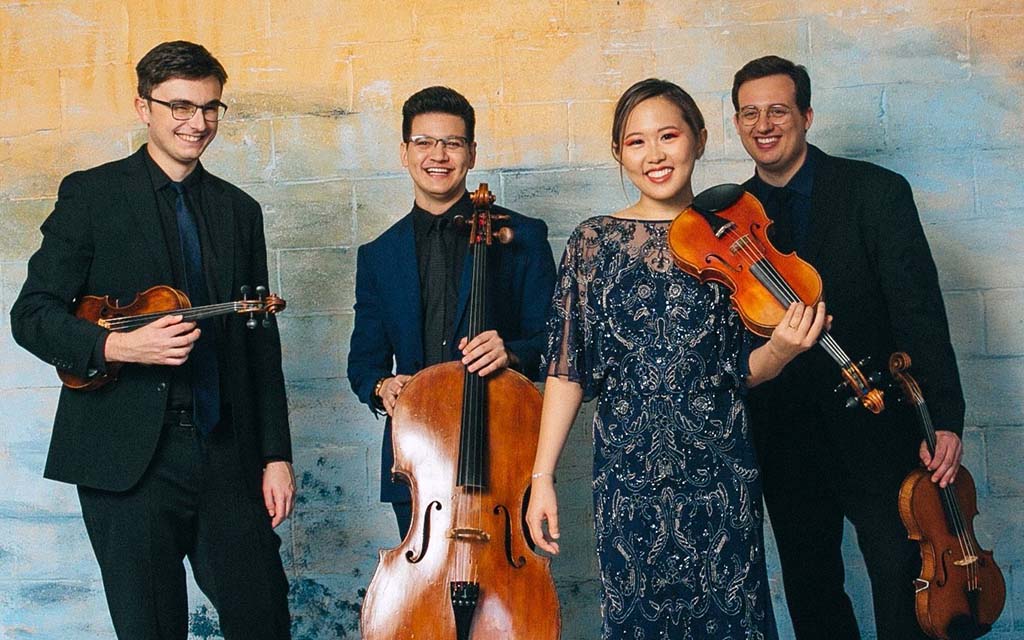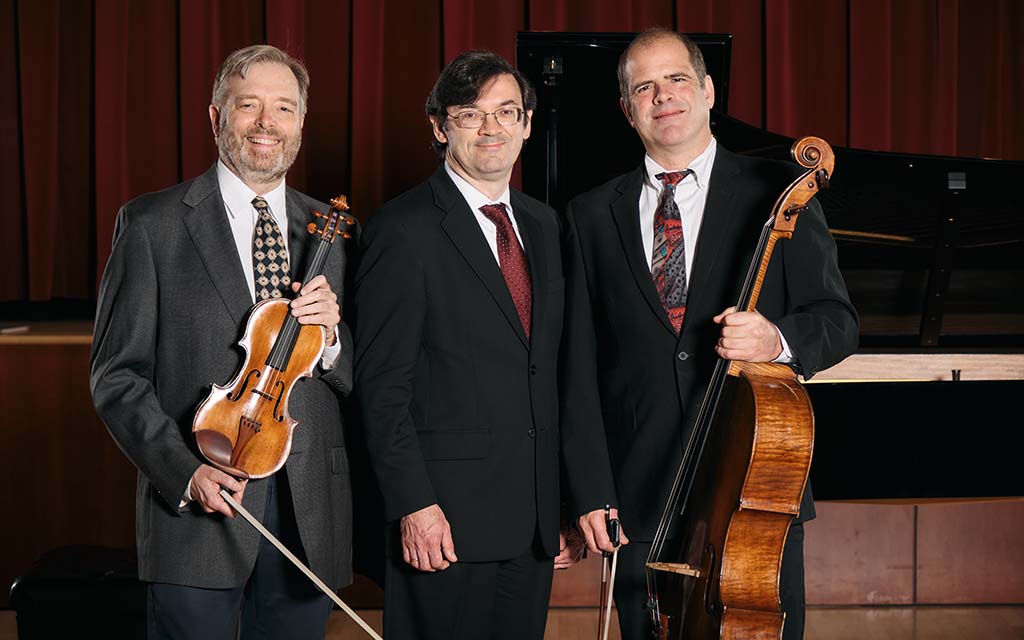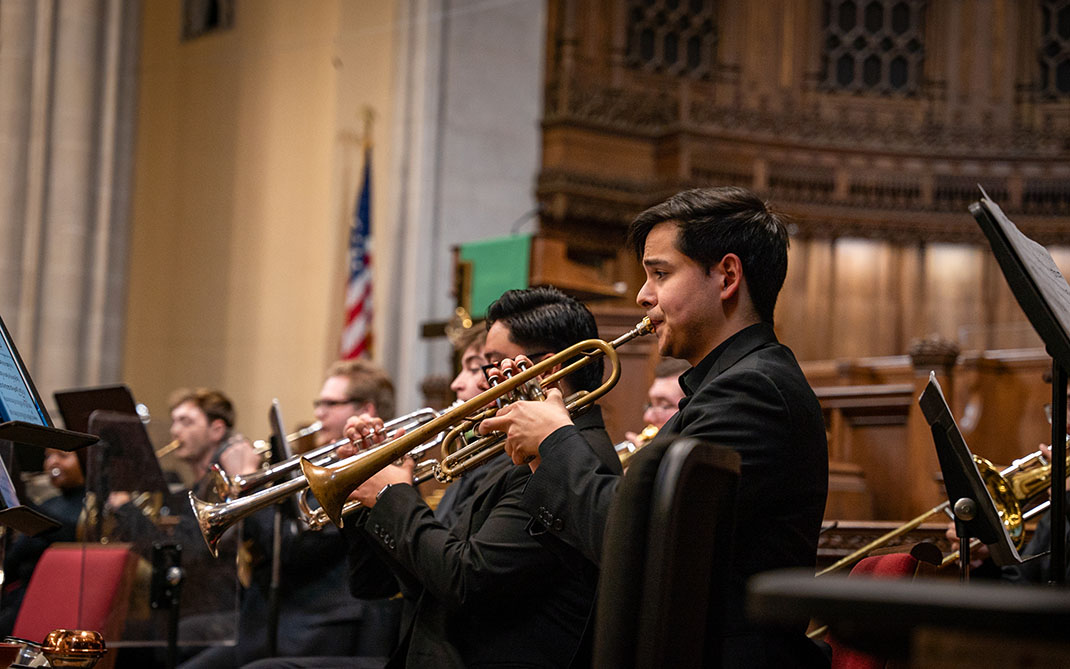Ombuds Office Regulation 632
| Regulation 632 | Approved: February 4, 2022 |
| UNIVERSITY OF NORTH CAROLINA SCHOOL OF THE ARTS Ombuds Office Regulation 632 |
|
| Revision Authority: | Chancellor |
| History: | First Issued: February 4, 2022 |
| Related Policies: |
Grievance Policy 614 (SAAO-II and other EHRA); |
| Responsible Office: | Chancellor's Office |
| Effective Date: | February 4, 2022 |
I. Introduction
The University of North Carolina School of the Arts (UNCSA) Ombuds Office, established in the summer of 2016, exists to provide an alternative resource for the management, prevention, and resolution of conflicts involving the faculty, staff, and administrators of the University. The Ombuds Office provides a safe, informal environment where faculty, staff, and administrators may speak in confidence about issues of concern they encounter in conjunction with their jobs at UNCSA. In all proceedings, the Ombuds shall be truthful and act with integrity, shall foster respect for all members of the University, and shall promote procedural fairness in the content and administration of the University’s practices, processes, and policies.
II. Purpose of the Office
The purpose of the UNCSA Ombuds Office, in keeping with the cornerstone principles articulated by the International Ombudsman Association (IOA), is to provide an informal, impartial, independent, and to the extent allowable by law, confidential source of assistance to individuals or groups experiences conflicts who have complaints involving other at the University. The Ombuds assists faculty, staff, and administrators by listening to concerns, clarifying issues, explaining policies, articulating options, serving as a neutral party in resolving disputes, and providing referrals to other resources.
The Ombuds has no authority or capacity to render decisions, alter policy, offer legal advice, or provide psychological counseling. The Ombuds does not conduct formal investigations or serve as an advocate or representative for any group or individual. Unless required by law, the Ombuds does not participate in in any formal grievance, hearing, administrative or legal proceeding.
The Ombuds Office can assist those interested in making formal complaints through referrals to other offices or channels at the University, but the Office is not designated to receive formal notice of complaints on behalf of the University and should not be used in that way.
Faculty, staff, and administrators are not required to use the Ombuds Office for informal resolution of conflict and do so voluntarily.
III. Ethical Principles Guiding the Ombuds
Independence
The Ombuds Office is independent in structure, function, and appearance to the highest degree possible within the organization.
Neutrality and Impartiality
The Ombuds, as a designated neutral, remains unaligned and impartial. The Ombuds does not engage in any situation that could create a conflict of interest.
Confidentiality
The Ombuds holds all communications with those seeking assistance in strict confidence and does not disclose confidential communications unless given permission to do so. The only exceptions to this privilege of confidentiality are where there appears to be an imminent risk of serious harm, or if the Ombuds is otherwise required by law to disclose, report, or testify. The privilege is held by the office and cannot be waived by others.
Informality
The Ombuds, as an informal resource, resists testifying in any formal proceeding, asserting the confidential nature of communications with the Ombuds Office.
IV. Standards of Practice
The Ombuds will operate under the IOA Code of Ethics, IOA Standards of Practice, and IOA Best Practices, all of which are available on the Ombuds Office Website.
Constituents
Access to the services of the UNCSA Ombuds office is limited to full and part-time faculty, staff, and administrators.
Reporting
The Ombuds reports to the Vice Chancellor for Institutional Integrity for budgetary and administrative purposes only and is limited to summary reports or recommendations that do not include or involve any specific client information.
Qualifications of the Ombuds
The Ombuds must follow the Code of Ethics and Standards of Practice of the IOA. The Ombuds must participate in continuing professional education during their term of office. As a minimum, the person selected as the Ombuds should have good listening and communication skills, be fair-minded, diplomatic, comfortable speaking to people with varying backgrounds, and sensitive to issues of diversity.
V. Structure and Guidelines
Scope
The Ombuds deals with concerns brought by faculty, staff, or administrators.
Structure
The Ombuds is hired, and their performance is assessed, by the Chancellor with the
assistance of the Ombuds Committee consisting of two faculty, two staff, and two administrators.
The Faculty Council elects the faculty members, Staff Council elects the staff members,
and the Chancellor appoints the administrative members.
Responsibility
The Ombuds relies on clarification, fact-finding, persuasion, and conciliation to resolve concerns, and recommends procedures to be followed. The Ombuds does not mediate and has no judgmental or punitive power.
Records
No records other than statistical data are created or retained.
Reporting and Duties
1. The Ombuds reports to the Vice Chancellor for Institutional Integrity for budgetary purposes and administrative purposes. Any information shared is limited to summary reports or recommendations that do not include or involve any specific client information.
2. Except for the reporting and duties in section 1, above, the Ombuds shall be independent of, and not associated with, either past or present, any administrative or other office of UNCSA.
3. The Ombuds shall prepare an annual report to the Chancellor and the Ombuds Committee described below (see section F) for the purpose of annual evaluation. The Ombuds is encouraged to make recommendations to all parts and levels of the organization for improving UNCSA procedures (see #5).
4. The duties of the Ombuds shall include:
• Dealing with concerns brought by administrators, faculty, or staff;
• Working with the parties involved to perform the functions outlined in the introductory
paragraph;
• Recommending procedures to satisfy identified needs.
5. To perform these duties, the Ombuds shall operate from an Office described below,
and shall
have access to any appropriate UNCSA information that does not violate the rights
of an individual to privacy.
6. The Ombuds shall rely on clarification, fact-finding, persuasion, and conciliation as described in the introductory paragraph. The Ombuds shall have no judgmental or punitive power.
7. The Ombuds shall undertake suitable training for the position as determined by
the Ombuds
Committee. This will include training and/or research in relevant UNC and UNCSA policies
and procedures. This will also include mediation training, even though the Ombuds
will not perform mediations.
8. The Ombuds shall operate under the code of ethics and standards of practice of the International Ombudsman Association.
The Committee and the Office
1. The Ombuds Office shall be evaluated by a Committee with the following constituency:
a. Two faculty members elected by the Faculty Council, at least one of whom shall be a member of the Faculty Council;
b. Two staff members elected by the Staff Council, at least one of whom shall be a member of the Staff Council.
c. Two administrators appointed by the Chancellor;
d. All members shall serve two-year terms.
e. Terms will be staggered. Half of the members of the first committee to serve will serve a one-year term to initiate staggered terms.
2. The duties of the Ombuds Committee shall include:
a. Selecting Ombuds candidates, in cooperation with the Chancellor, for appointment by the Chancellor;
b. Evaluating the work of the Ombuds through a continuous evaluation of his or her performance;
c. Advising the Chancellor on replacing the Ombuds, should the need arise.
3. The Ombuds Committee shall select the Ombuds candidate by a simple majority of the Committee, provided that the candidate receives at least one vote from the representatives of each constituency (faculty, staff, and administration). The performance of the Ombuds shall be reviewed annually.
4. The Ombuds Committee shall report to the Chancellor, and Faculty and Staff Council.
5. The duties of the Ombuds relative to the Ombuds Committee shall be:
a. To prepare and present a written yearly report to the Committee describing activities and suggested reforms of University procedures, and interim reports as needed;
b. To carry out other activities requested by the Committee.
6. The Ombuds shall operate out of an office that shall be established with funds provided by UNCSA. These funds will provide for:
a. The salary of a part-time or full-time Ombuds;
b. Space, furnishings, supplies and travel, as necessary, to carry out the functions of the office.
c. Training.
d. Professional development.
VI. Ombuds Role
1. The Ombuds:
a. Listens, which may be all that the individual needs.
b. Discusses concerns and helps clarify the most important issues.
c. Helps identify and evaluate options.
d. Gathers information, explains policies, and offers referrals to other resources.
e. Makes recommendations for improving University procedures as appropriate to any part or level of the organization.
2. The Ombuds does not:
a. Make decisions for anyone.
b. Conduct formal investigations.
c. Serve as an advocate on behalf of any party.
d. Offer legal advice or psychological counseling.
e. Offer mediation or arbitration services.
f. Enforce or modify policies, regulations, or rules.
g. Participate in the grievance or any other formal process.
h. Testify in any judicial or administrative proceeding, unless required by law after reasonable efforts have been made.
i. Serve as a place to put the University on notice of claims.
j. Address issues involving persons not at UNCSA.
3. Additional aspects of the Ombuds role:
a. The use of Ombuds services is strictly voluntary.
b. The only exceptions to confidentiality are (a) when the Ombuds is given permission by the individual to do so or (b) where there appears to be an imminent risk of serious harm to oneself or others.
c. The Ombuds does not formally receive reports of possible violations of law or policy on behalf of UNCSA.
d. The Ombuds may discontinue providing services to an individual at their discretion.
e. The Ombuds is independent in function and appearance to the highest degree possible within UNCSA.
4. Competencies:
a. Current knowledge and understanding of applicable UNCSA policies, processes, and procedures, and of the complexity and diversity of UNCSA.
b. Effective communications skills.
c. The capability of maintaining a balanced and objective approach.
d. Completion of formal training through an appropriate professional organization such as the International Ombudsman Association.
5. Ethics:
a. The Ombuds shall be truthful and act with integrity at all times.
b. The Ombuds shall foster respect for all members of UNCSA.
c. The Ombuds is a designated neutral that remains unaligned and impartial.
d. The Ombuds does not engage in any situation that could cause a conflict of interest.





